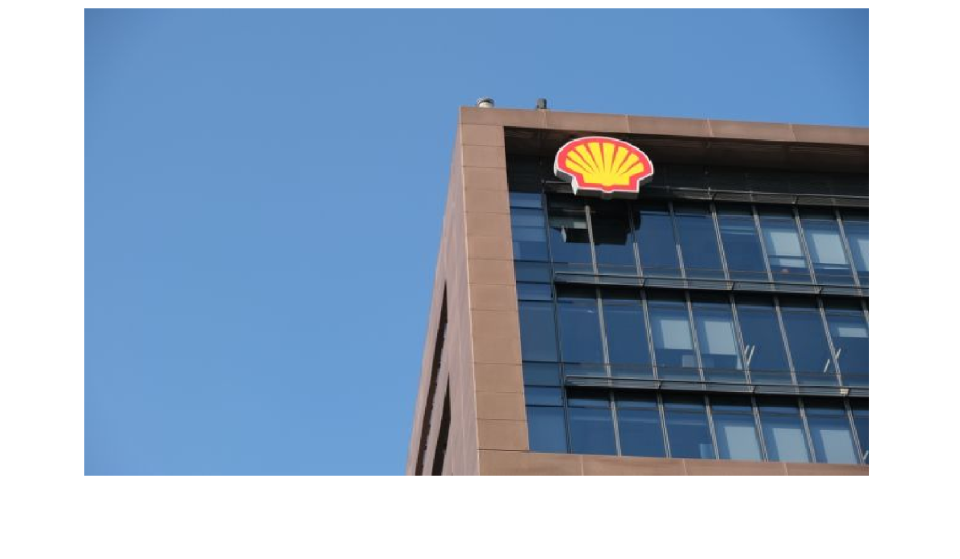Shell says it has restarted production at the Penguins field in the UK North Sea with a modern floating, production, storage and offloading (FPSO) facility (Shell 50%, operator; NEO Energy 50%). An email to Energy Window International says that the previous export route for this field was via the Brent Charlie platform, which also ceased production in 2021, and now is being decommissioned,
Peak production according to the statement is estimated at around 45,000 barrels of oil equivalent per day (boe/d), and currently has an estimated discovered recoverable resource volume of approximately 100 million boe. Adding that although production is at its primary stage, Penguins has the capacity to produce enough gas to heat around 700,000 UK homes per year.
The new FPSO the statement further disclosed would have around 30% lower operational emissions, compared with Brent Charlie, and this is expected to extend the life of this important field by up to 20 years.
“Today, the UK relies on imports to meet much of its demand for oil and gas,” says Zoë Yujnovich, Shell’s Integrated Gas and Upstream Director. “The Penguins field is a source of the secure domestic energy production people need today, and the FPSO is a demonstration of our investment in competitive projects that create more value with less emissions.” Oil will be transported by tanker to refineries outside of the UK, this is while supplying refined products like petrol and diesel straight back to the UK for reason of its limited refining capacity.
Natural gas will also be transported through the existing pipeline to the St Fergus gas terminal in the north-east of Scotland, pipeline which is better known as the UK’s national gas supply network.
The redevelopment of the Penguins field according to Shell has involved drilling additional wells, which are tied back to the new FPSO. Adding that the field measures 165 metres (541 feet) in water depth – about 150 miles north-east of the Shetland Islands. The field which was known to produce oil and gas between 2003 and 2021 was discovered in 1974, Shell said.
In a note to the editors Shell said the Penguins FPSO is operated by Shell U.K. Limited, also a subsidiary of Shell plc. This is as it (Shell) recalls an announcement of December 5 2024, of Shell U.K. Limited and Equinor UK Ltd decision to combine their UK offshore oil and gas assets and expertise to form a new company – the UK North Sea’s biggest independent producer. It is expected that upon completion of deal, the new independent producer will be jointly owned by Equinor (50%) and Shell (50%). The joint venture will take on Shell’s equity interests in Penguins.
The Penguins FPSO was built by Sevan – a technology, design and engineering company based in Norway – and the first new Shell-operated facility in the UK North Sea for over 20 years. It is regarded as a compact facility with a cylindrical hull design, providing more efficiency and flexibility. “It is a flareless system, which recycles vapour back into the tanks and reduces emissions,” Shell said.
According to the UK regulator, the “North Sea Transition Authority,” production of oil and gas has declined by 11% in the last year, (quoting a source), and this is with the UK production declining faster than demand in the recent years (a source also was quoted.) The estimated peak production and current estimated recoverable resources presented above were 100% total gross figures, Shell said.
Current estimated discovered recoverable resource volumes of this development are approximately 100 million boe. The estimate of resource volumes is currently classified as 2P (the sum of proved reserves plus probable reserves) and 2C (the best estimate scenario of contingent resources) under the Society of Petroleum Engineers’ Resource Classification System.
On Shell’s Capital Market Day in 2023, Shell said it committed to deliver upstream and integrated gas projects all of which will come on stream between 2023 and 2025, with a total peak production of greater than 500,000 barrels of oil equivalent per day. Penguins is expected to contribute to this commitment.
“Our target is to become a net-zero emissions energy business by 2050. By the end of 2023, we had achieved more than 60% of our target to halve emissions from our operations (Scopes 1 and 2) by 2030, compared with 2016.”

